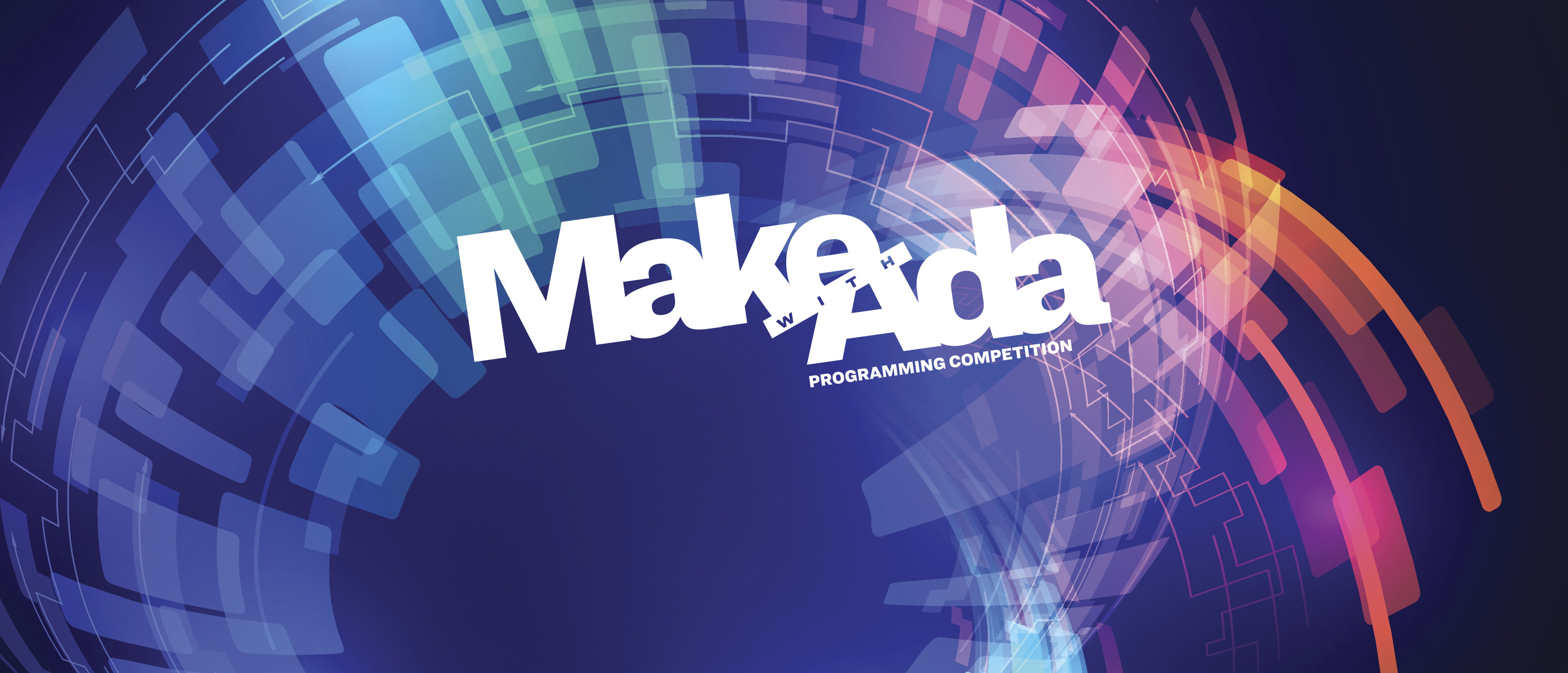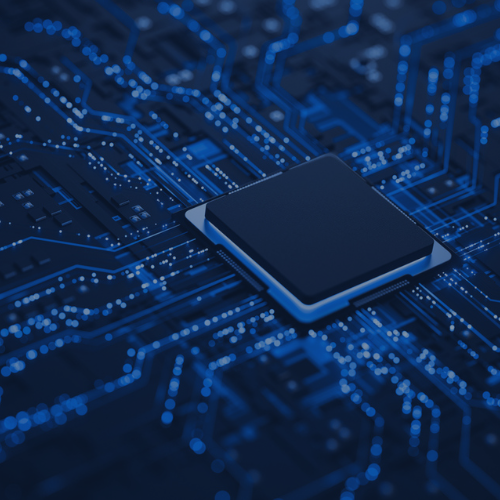
Mar 16, 2021
AdaCore Announces Winners of Fifth Annual “Make with Ada” Competition
AdaCore Announces Winners of Fifth Annual “Make with Ada” Competition
Press Releases_
Latest Press Releases

[Press Release]
AdaCore Joins the SOAFEE Initiative to Advance High-Integrity Software for Automotive Systems

[Press Release]
Lauterbach supports AdaCore Ada Development Platform for Safety-Critical Applications

[Press Release]


